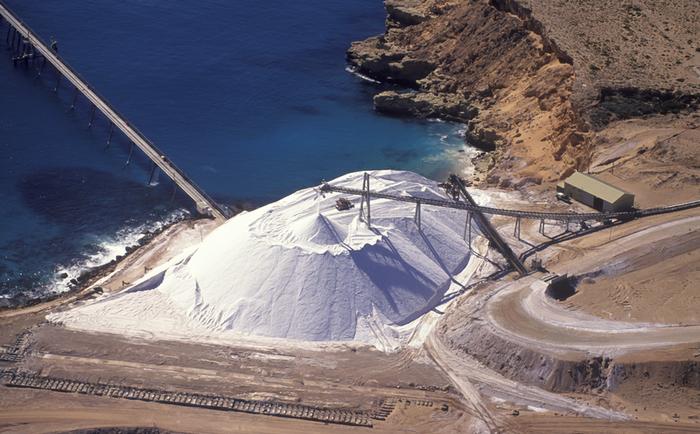 Credit: Dreamstime
Credit: Dreamstime
Once a booming, rich, mining state, Western Australia is now waking up with a monumental economic hangover.
As the excavators exit the state, the entire western third of the country is facing a new reality, a reality that requires new ways to boost business confidence and prosperity.
With performance reflecting the ending of the mining construction boom, WA continues to lag other economies, with annual growth rates remaining below national averages on all indicators.
According to CommSec State of the State report findings, key indicators include economic growth; retail spending; business investment; unemployment; construction work done; population growth; housing finance and dwelling commencements.
And the numbers don’t make for good reading in WA, with business investment down 10.3 per cent, behind Northern Territory (down 9.8 per cent) and South Australia (down 8.7 per cent).
“This state has seen a bigger drop in business investment than any other in recent years,” Deloitte Western Australia managing partner Michael McNulty observed.
Dominated by its resources and services sector and largely driven by the export of iron-ore, gold, liquefied natural gas and agricultural commodities such as wheat, in 2017, WA now trails a nation.
But despite a struggling economy — and a bleak forecast ahead — channel partners can ill afford to sit back and wait for a return of the status quo.
“And it would be a mistake to let uncertainty continue to weigh too heavily on our future decisions, leading to lost opportunities,” McNulty cautioned. “We can do better than that.”
Central to the future success of WA will be technology, specifically, digital. Labelled by many industry observers as the “new mining”, digital technology is well placed to challenge an economy traditionally insulated from disruption.
But to leverage untapped potential for the state, digital must step away from the sidelines, and instead take a central stage through policy, economic influencers and education system initiatives.
Success in this space will determine whether WA can transform into a technology focused state, a state capable of attracting new start- ups and entrepreneurs.

Encouragingly, the WA Government has laid out plans to deploy a digitally driven ICT strategy by 2020, designed to lower the cost of services for taxpayers.
Developed in consultation with the public sector and ICT industry, the roadmap will help lay the foundations for future digital growth across the state, providing a platform for future WA-based innovation.
“Government services will increasingly become digital, delivered online and conveniently accessible through a single whole of government portal,” WA Government CIO Giles Nunis said. “Change is needed because ICT is no longer only about information and communication technology, boxes and wires, programs and processes.
“Technology and the need for information have pervaded every aspect of the modern and increasingly digital world.”
With mobile devices and social media playing an increasing role in both professional and private lives, cloud computing and data analytics are also providing capabilities previously only available to large governments and corporations into every home or office.
“The Internet of Things [IoT], consumer robotics and automation will multiply people’s ability to control or collect data about their world,” Nunis explained. “Businesses are being disrupted and created through the sharing economy.”
Consequently, the state’s first whole of government ICT Strategy — labelled Digital WA — highlights
a shift in focus for the economy, emphasising the importance of WA exploring new and emerging technologies to trigger market growth.
Selling smarts
Now, the onus is on technology providers to take charge and sell smart.
“Western Australia has had considerable success in selling rocks and crops to the world,” McNulty observed. “But this scenario is about selling smarts, and it is a wake-up call on the importance of widening the state’s economic base in the years to come.
“It is only by understanding how risks and opportunities will affect the economy that businesses and policymakers can properly prepare for the inevitable uncertainty that the future will bring.”
In assessing both the channel landscape, Satalyst CEO Todd Elliott believes digital will be delivered through integration and workflow technologies, as customer conversations evolve.
“Depending on what the solution is, automation is high on business agendas,” Elliott said. “Being a business that specialises in IoT, we’re seeing more of an uptake on machine learning and advanced analytics.




